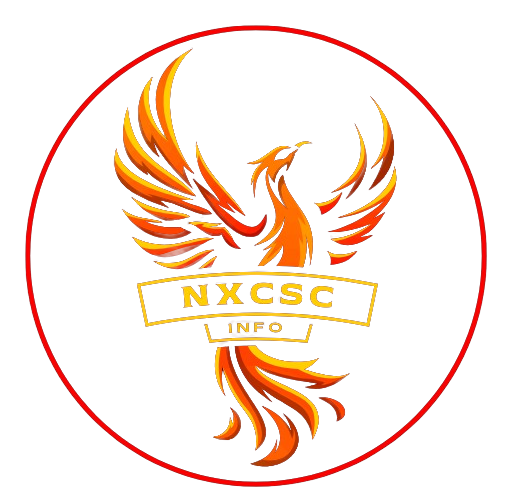I’m 66, still working and have very good health insurance. My company does not have a 401(k). I have an Individual Retirement Account (IRA) with an investment of about $120,000. I contribute $272 per month, however my program fee is $136 per month. That’s 50% of my contribution. Have I been rewarded?
-Gary
There are two points that need to be addressed here with your question. The first is about understanding the way Your fee is calculated. The second is to assess whether you feel the service you are receiving is worth the fee you are paying.
These are very important points. After researching, you may decide that you want to make a change. But bottom line: I wouldn’t say you get cut. (Looking for a new advisor? This tool can help match you with potential advisors.)
Fee calculation
It’s a good idea to check your account statement and pay attention to fees. Like any other service you use, you should know what you are paying for.
While you can clearly see the amount, it may not be clear to you how the amount was determined. Your consultant would have been required to disclose this to you at the time you became a client. Take a look at the papers you were given. Unless something is missing, it will be explained in detail. Or just call and ask.
It’s good to know (and understand) your fees. But I also bring this up because of how you tie your monthly fee to your monthly contribution amount. That’s almost no How are your fees determined? (Looking for a new advisor? This tool can help match you with potential advisors.)
Different types of fees
The amount you pay an advisor can be calculated in several different ways. at a high level, Advisors may be paid either by commission or through fees. Sometimes they get paid both ways.
Committees. If your guide Receive commissions From the investment products they put you in, these will be based on the amount of your monthly contribution. But this percentage is rarely above 10% and is often much lower. It is very unlikely that this is the arrangement you have.
expenses. If your mentor does not receive commissions, you pay them in the form of a fee. There are several ways in which fees can be calculated. It can be based on the assets they manage for you, by the hour, a flat annual fee or a monthly subscription.
Your advisor’s fees seem to depend on the amount of assets they manage for you. It is usually stated as an annual percentage of your account balance.
I think this is partly because it’s the most popular way to calculate fees. Also in line with what my experience tells me is a joint fee for the financial services company you use, which I shared privately. If I had to bet, I’d say your fee is probably 1.35%, and that you’ll notice your monthly fee fluctuates based on your account value. Again, though, this is verified by either checking the papers or asking the advisor. (Looking for a new advisor? This tool can help match you with potential advisors.)
am i hurt
Then, there’s the question of whether or not you’re getting enough value for these fees. This depends on what the counselor does for you and how much they are worth to you.
In the world of percentiles, 1% is often considered the norm. That would make 1.35% relatively high in comparison to what people – myself included – often make fun of.
But in practice, 1% is usually for accounts larger than $120,000. If you receive complete financial planning and lots of communication from your advisor for $1,600 a year, you’re getting a great deal. If it’s just an investment management, and you’ve never heard of them, you can probably get a similar service elsewhere for less. (Looking for a new advisor? This tool can help match you with potential advisors.)
next steps
Of course, it’s also not about how the counselor feels, but how you feel. I recommend having a frank discussion with your advisor. After all, this shouldn’t be much of a mystery. The consultant should make it clear what they do for you and you should evaluate that value and compare it to what you are paying. If you’re happy with what you hear and feel like you’re getting good value and don’t need to change anything, great, at least you’ll know. If not, you can keep looking for something that works best for you.
Brandon Renfro, CFP®, is a SmartAsset financial planning columnist and answers readers’ questions about personal finance and tax topics. Do you have a question you would like answered? Email AskAnAdvisor@smartasset.com and your question may be answered in a future column.
Please note that Brandon is not a participant in the SmartAdvisor Match platform and has been compensated for this article.
Find a financial advisor
-
If you have questions specific to your investment and retirement situation, a A financial advisor can help. Finding a financial advisor doesn’t have to be difficult. Free SmartAsset tool It matches you with up to three vetted financial advisors serving your area, and you can interview your own advisors at no cost to determine which one is right for you. If you are ready to find a counselor who can help you achieve your financial goals, let’s start.
-
Retirement planning? Uses SmartAsset Social Security Calculator To get an idea of what your benefits could look like in retirement.
Photo credit: © iStock.com / Inside Creative House, © iStock.com / skynesher
the post Ask a counselor: “Did I get scammed?” I’m 66, I contribute $272 a month to an IRA and pay $136 a month in fees. That’s 50% of my contribution Debuted SmartAsset Blog.




